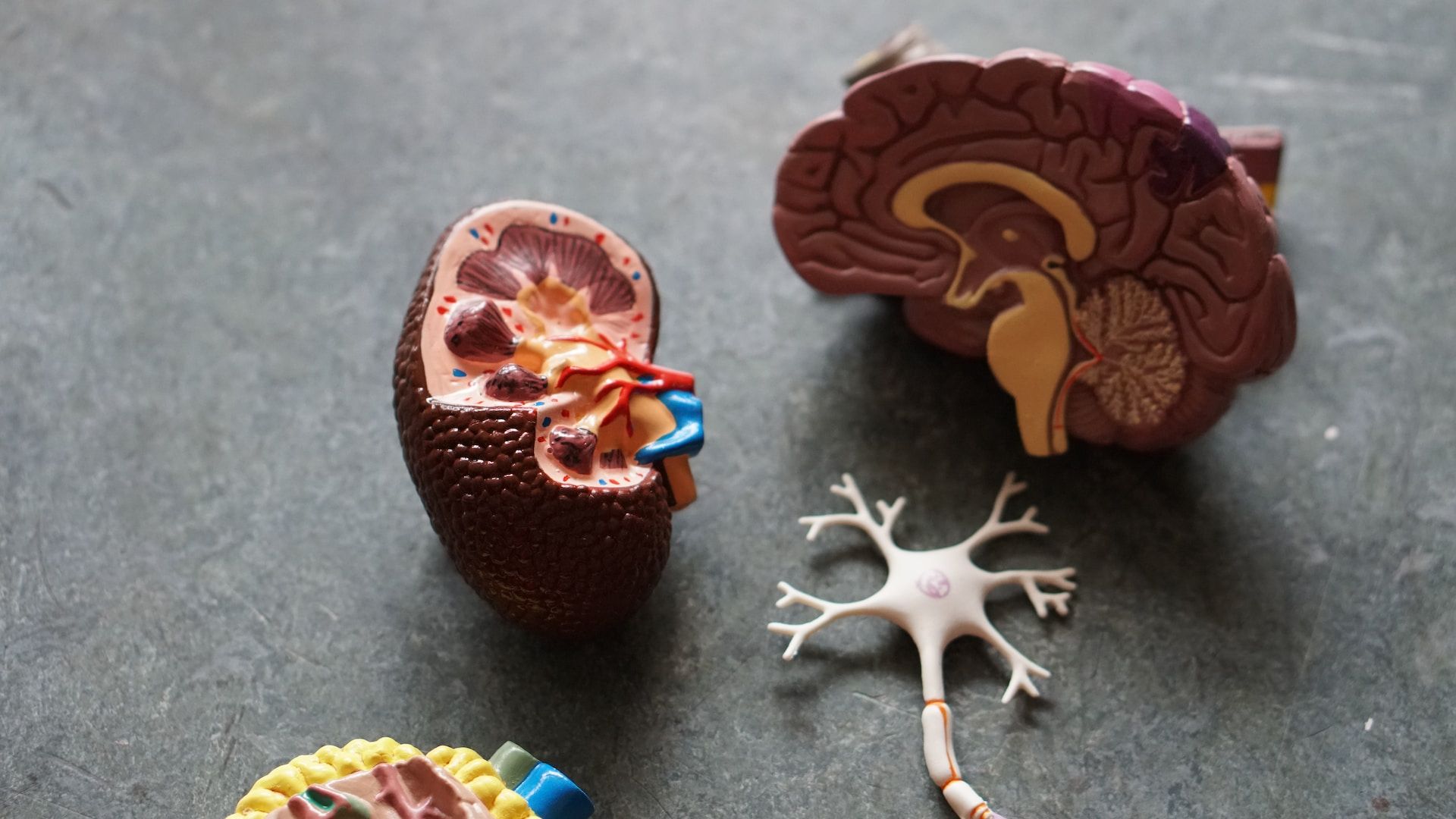Mental Health & Wellness
The Impact of Brain Injuries on Quality of Life

June 5, 2023
Brain Injury Association of California Team
A deep-dive into how brain injuries can affect various aspects of an individual's quality of life and ways to mitigate these impacts.
A brain injury can be a life-altering event, impacting everything from physical health to cognitive function, emotional well-being, and social interactions. It's not only about the medical symptoms but also about how these changes affect an individual's overall quality of life.
Physical Impact of Brain Injuries
Physical repercussions of brain injuries can vary widely, from headaches and vertigo to more serious conditions like paralysis. This can affect the person's ability to carry out everyday tasks, maintain employment, or engage in physical activities they once enjoyed.
Cognitive Effects
Brain injuries can also lead to cognitive changes, affecting memory, attention, and problem-solving skills. This can make it challenging for individuals to continue their education or maintain certain types of employment, which can affect their self-esteem and social relationships.
Emotional Consequences
Depression, anxiety, and mood swings are common emotional effects of brain injuries. These emotional changes can be due to the injury itself or as a reaction to the changes and losses the person is experiencing.
Social Implications
With physical, cognitive, and emotional changes, social relationships can also be significantly affected. Friends and family may struggle to adjust to the changes, and the person with the brain injury might feel isolated or misunderstood.
Enhancing Quality of Life After a Brain Injury
Despite these potential challenges, there are numerous ways to improve and maintain quality of life following a brain injury:
1. Rehabilitation Services: Physical therapy, occupational therapy, and cognitive rehabilitation can help individuals regain lost skills or learn new ways of doing things.
2. Psychological Support: Counseling or support groups can help individuals deal with emotional changes and offer strategies for coping with stress and anxiety.
3. Assistive Technology: As previously discussed, technology can offer solutions for some of the challenges individuals face, helping them to regain some independence.
4. Social Support: Maintaining connections with friends, family, and support groups can help individuals feel less isolated and provide emotional support.
5. Healthy Lifestyle: Regular physical activity, a balanced diet, and adequate sleep can improve physical health, mood, and cognitive function.
In conclusion, while brain injuries can have a profound impact on an individual's quality of life, it's crucial to remember that each person's journey is unique. With the right support, rehabilitation, and coping strategies, individuals can navigate these challenges and lead fulfilling lives.
Please note that this article is intended to provide general information. It should not be used as a substitute for professional medical advice.
Latest News
Understanding Brain Injuries: The Basics Everyone Should Know
An introductory guide to understanding the basics of brain injuries, including types, causes, symptoms, and treatments.
The Silent Epidemic: Raising Awareness about Traumatic Brain Injuries
This article highlights the need for increased awareness and understanding about traumatic brain injuries, often referred to as the 'silent epidemic.'
The Challenges of Rehabilitation after a Brain Injury
Learn about the various challenges individuals face during their rehabilitation journey after a brain injury, along with strategies to overcome these obstacles.
Brain Injuries in Children: How to Cope and What to Expect
A comprehensive guide for parents and caregivers to help navigate the difficult journey of a child's brain injury, from understanding its effects to developing coping strategies.
Mitigating the Effects of Brain Injuries through Nutrition
Learn how a balanced and nutritional diet can aid in the recovery and overall well-being of individuals with brain injuries.